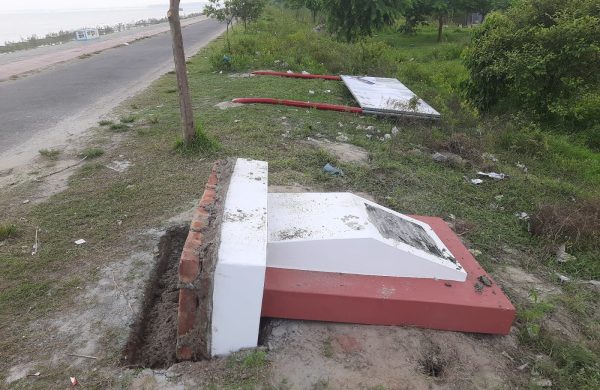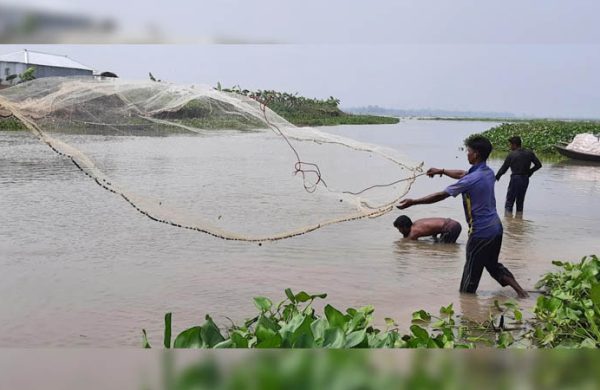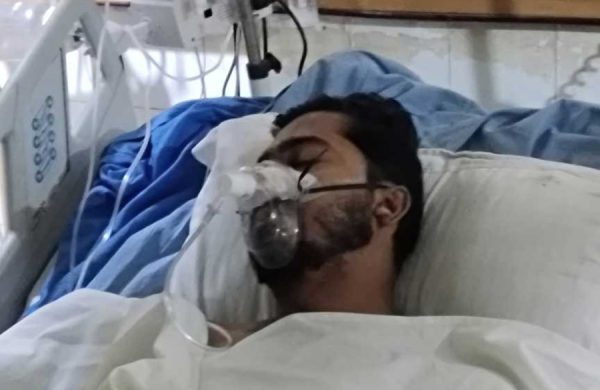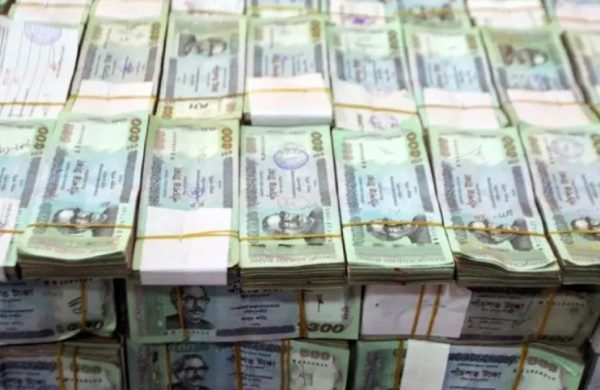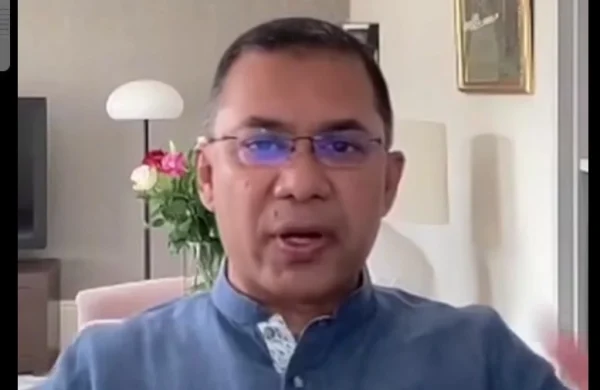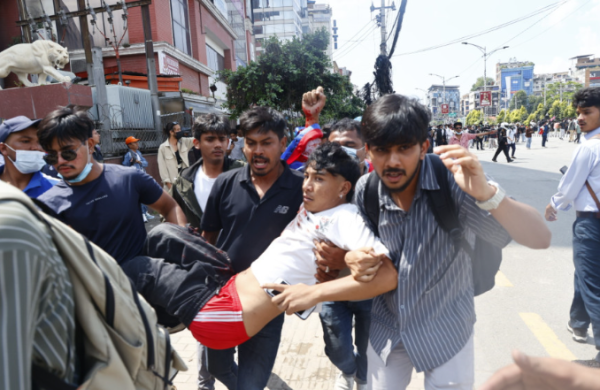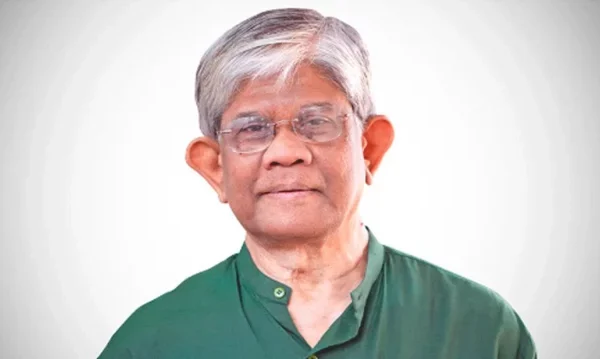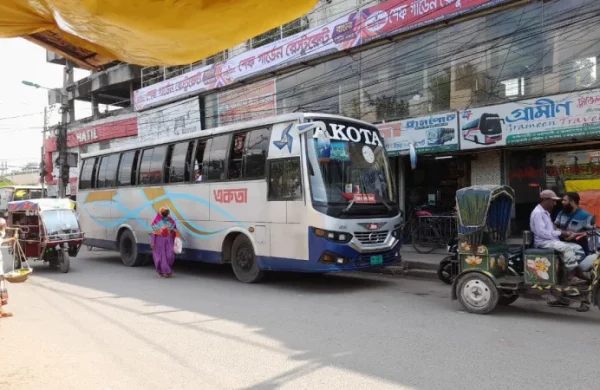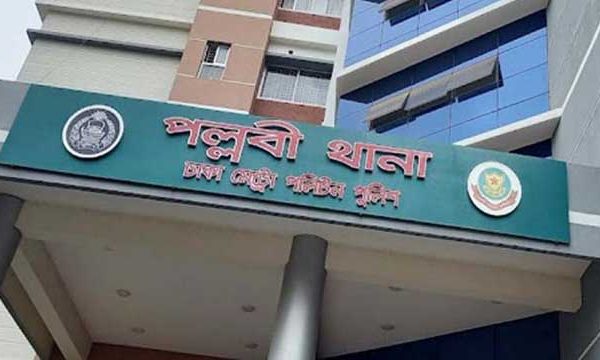Largest Islamic bank in the making
- Update Time : Monday, September 8, 2025
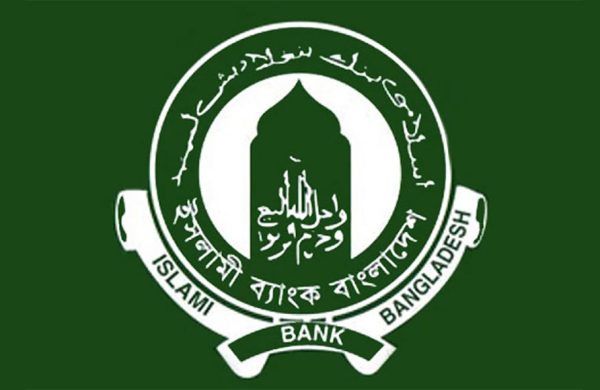
TDS Desk:
The interim government has initiated formal procedures to merge five troubled Islamic lenders into the country’s largest state-owned shariah bank, a significant step towards stabilising the financial sector.
The plan, drawn up under the newly enacted Bank Resolution Ordinance 2025, will require an estimated Tk 35,200 crore in capital for the as-yet-unnamed institution. Of this, Tk 20,200 crore will come from the government, while Tk 15,000 crore will be mobilised from institutional funds and the conversion of institutional deposits.
The five banks slated for consolidation are First Security Islami Bank, Union Bank, Global Islami Bank, Social Islami Bank and Exim Bank.
The merger represents the most ambitious restructuring of Bangladesh’s banking sector to date. Officials say the move is intended to avert a costly liquidation process and restore confidence in shariah-compliant finance.
At the same time, it highlights the depth of the crisis engulfing privately run Islamic lenders, many of which were linked to politically connected conglomerates accused of siphoning funds. Forensic audits commissioned by the government have revealed severe mismanagement, with non-performing loan ratios exceeding 90 percent at three of the banks. Regulators now argue that consolidation is the only viable path forward after years of weak oversight.
The decision was taken yesterday at a meeting on bank resolution chaired by Finance Adviser Salehuddin Ahmed. Others in attendance included Anisuzzaman Chowdhury, special assistant to the chief adviser; Finance Secretary Md Khairuzzaman Mozumder; Financial Institutions Division Secretary Nazma Mobarek; and NBR Chairman Abdur Rahman Khan.
Bangladesh Bank Governor Ahsan H Mansur participated virtually, while Deputy Governor Md Kabir Ahmed and other central bank officials were also present.
A six-member working committee, led by Kabir Ahmed, was formed to plan and oversee the process. “The formal procedure has begun, and the majority of the work will be completed within one and a half months,” he told Journalists after the meeting. He added that liquidation would be “more costly and painful for the economy and the public”, stressing that the jobs of bank employees would be safeguarded.
Ahmed said the government’s decision to prioritise banking stability was supported by the country’s relatively stable macroeconomic environment, including a steady exchange rate and sufficient foreign exchange reserves.
Officials indicated that donor funds were not being sought at present, though external support might be considered in the future. The government is also expected to apply to Bangladesh Bank for a licence for the new entity.
The merger follows consultations held by central bank officials with the boards and management of the five lenders between September 2 and 4, in which Governor Mansur also participated virtually. Three banks — First Security Islami Bank, Union Bank and Global Islami Bank — agreed to the regulator’s plan, while Exim Bank and Social Islami Bank opposed it.
Four of the lenders — First Security Islami, Union, Global Islami and Social Islami — were previously controlled by the Chattogram-based S Alam Group, which allegedly borrowed heavily from them and funnelled funds through shell companies. Exim Bank, meanwhile, was long dominated by Nazrul Islam Mazumder, founder of Nassa Group and former chairman of the Bangladesh Association of Banks.
Following the change of government in August 2024, Bangladesh Bank dissolved the lenders’ previous boards and appointed new ones. Forensic audits by global accounting firms, commissioned by the interim government, exposed their precarious financial health. Non-performing loan ratios stood at 96.37 percent at First Security Islami, 97.8 percent at Union, 95 percent at Global Islami, 62.3 percent at Social Islami and 48.2 percent at Exim Bank.
Bangladesh now has the highest bad loan ratio in Asia, with defaults reaching 20.2 percent of total loans in 2024, according to an Asian Development Bank report published last month. The $20.27 billion stock of distressed assets represented a 28 percent year-on-year increase, underscoring the country’s position as having the region’s “most fragile banking system”.


